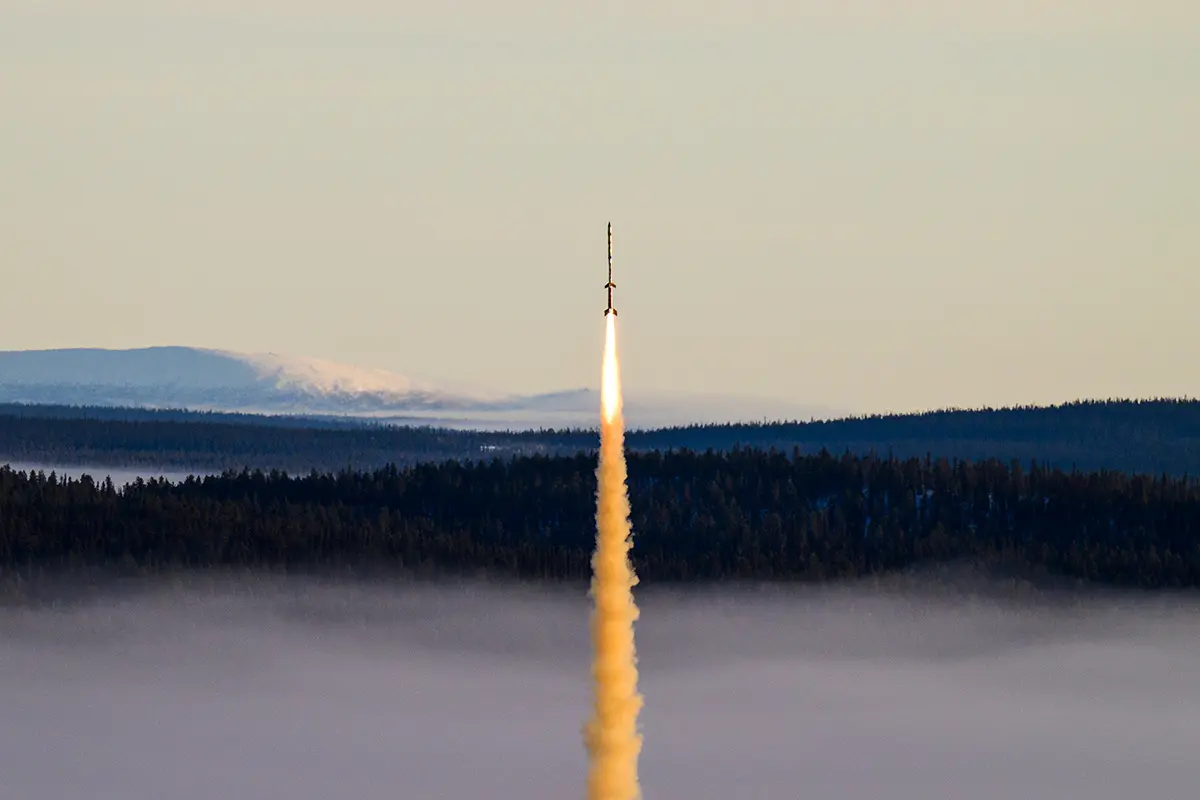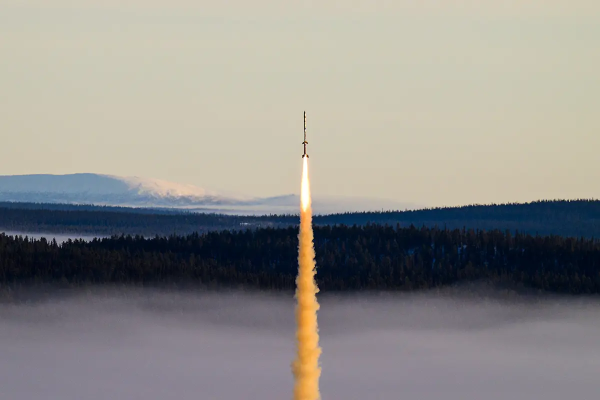Australian organisations are continuing to generate important space heritage, with three local experiments launched into space from Sweden this week.
The experiments were launched on board the MAPHEUS 14 sounding rocket and conducted under microgravity conditions about 265km from Earth.
The Australian payloads on board included an experiment designed and built by university students at RMIT, and two delivered by Adelaide-based start-up ResearchSat.

RADICALS (SSC shared module) by RMIT
- Test of conceptual radiation shield for long term space missions based on induced electromagnetic fields.
ADI-ECHO INCL ANT-61 (SSC shared module) by ResearchSat
- Flight and monitoring of biological cells with focus on effects triggered by microgravity.
- Flight test of contingency communication unit based on IRIDIUM for Cubesats and small satellites (ANT-61).
Helping Earth benefit from Space
The rocket was operated by the German Aerospace Center (DLR) and launched from the Esrange Space Center in Kiruna.
Other payloads onboard tested the effects of microgravity on the development of cancer, as well as impacts on the brain and central nervous system, and bone muscle cells.
Research conducted in space benefits life on Earth by developing knowledge on how human cells, as well as bacteria, liquids or particles react in different environments.

Responsibility, sustainability and cooperation
Australia strives to be a responsible global citizen committed to safe and secure operations in space and on Earth.

